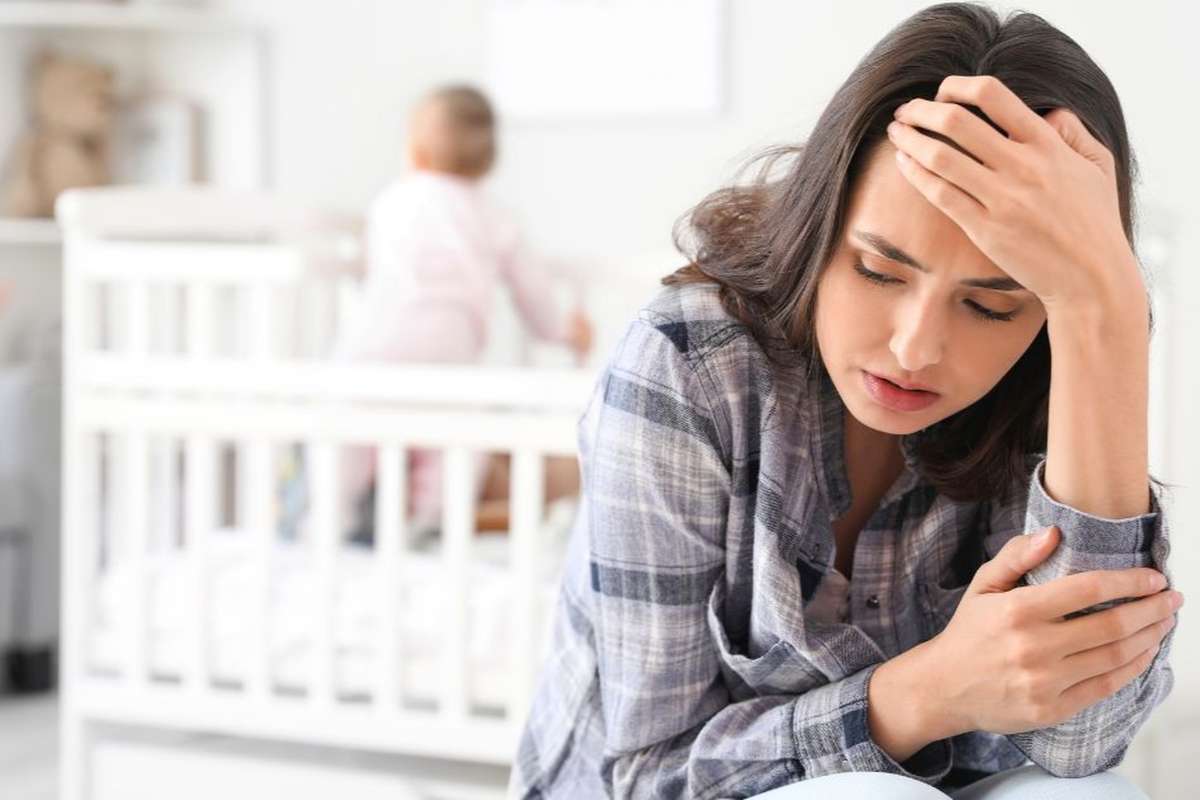Manage stress by engaging in mindfulness activities like meditation or yoga, which can help soothe anxiety related to your child’s vaping habits. Access evidence-based information about vaping’s impacts through reliable resources like https://bargainejuice.ca/bargain-e-juice to stay informed and make informed decisions. Communicate openly with teens to foster trust, providing a safe space for them to express concerns and discuss the realities of vaping. Seek support from community groups or online forums where you can connect with other parents facing similar challenges. Consider consulting mental health professionals who specialize in family dynamics to develop effective coping strategies for managing the emotional toll vaping may have on your household.
Understanding Vaping and Its Rise

What Is Vaping?
Vaping involves inhaling vapor produced by an electronic device, often referred to as an e-cigarette or a vape pen. These devices heat a liquid—known as e-liquid or vape juice—that usually contains nicotine, flavorings, and other chemicals to create a vapor that is then inhaled. Popular devices vary widely in style, from sleek pen-like models to bulkier, more customizable options, but all function on the same basic mechanics of heating the liquid to convert it into an aerosol.
For many, vaping is seen as an alternative to smoking traditional tobacco cigarettes. However, it’s important to understand that these devices still often deliver nicotine, the same addictive substance found in cigarettes. The rise in popularity of vaping has introduced new dynamics into family life, potentially affecting the mental health of parents who, amidst the many challenges of parenting, may be navigating their own or a family member’s use of these products. Understanding the basics of vaping can empower parents to make informed decisions and seek support when needed, knowing they’re not alone in facing these challenges.
Vaping’s Popularity Among Youth
Vaping’s surge in popularity among teenagers can feel overwhelming for parents. It has become a prevalent trend influenced by savvy marketing techniques and the social dynamics of peer pressure. Brands often use colorful packaging and engaging social media campaigns that make vaping appear trendy and harmless, appealing to the younger demographic. As a new or expecting parent, understanding these influences is crucial, not just for communication with your own kids, but for your mental well-being too. Navigating this topic can stir anxiety and stress, potentially affecting your emotional state during the delicate postpartum period. Connecting with a supportive community and seeking professional advice can help. Learning more about understanding postpartum can also offer valuable insights. Remember, you’re not alone in this journey—by staying informed, you can foster open dialogues, establish trust, and support your teenagers while caring for your mental health.
Emotional Turmoil: Parental Reactions to Teen Vaping

The Invasion of Anxiety and Fear
Discovering that your child is vaping can be an overwhelming experience filled with anxiety and fear. The concern for their health and uncertain future can weigh heavily on your mind, stirring up a storm of emotions. You may find yourself questioning how vaping might affect their well-being, especially since the long-term health impacts are still not entirely understood. This uncertainty can lead to sleepless nights and an uneasy feeling about the path your child might be on.
You’re not alone in these feelings. Many parents share the same worries about nicotine addiction and its potential consequences on a developing body and mind. The thought of your beloved child facing health issues or becoming entangled in habits that are hard to break is enough to create significant stress. Moreover, this anxiety can spill over into other areas of your life, affecting your own mental health and well-being.
It’s important to remember that acknowledging these feelings is a vital first step, and seeking support can empower you. Engaging with other parents or a professional can offer new perspectives and coping strategies, helping you manage your own mental health while supporting your child. In times like these, community connection can be a powerful tool, offering strength through shared experiences.
The Weight of Guilt and Self-Blame
It’s not uncommon for parents to feel an overwhelming sense of guilt and responsibility when confronted with their child’s vaping habits. You might find yourself questioning, “What could I have done differently?” This self-blame can impact your mental health significantly, weighing heavily on your heart and mind. It’s essential to remember that while your influence is vital, it’s not all-defining. Adolescents are navigating a complex world, and their choices can be shaped by a myriad of external factors.
Encountering these feelings of guilt can be isolating, but know that you’re far from alone. Many parents go through similar experiences, wrestling with questions and seeking ways to support their child while also caring for themselves. Reaching out and talking to other parents or mental health professionals can provide comfort and perspective. Joining a supportive community can also help remind you that it’s okay to have these feelings, and it’s important to address them constructively.
By focusing on open communication and fostering a non-judgmental environment, you’re already taking positive steps. Self-compassion and understanding are crucial tools for navigating these challenges. It’s okay to seek help and guidance, both for your child’s well-being and your mental peace. Remember, every day offers an opportunity for growth and connection.
Impact on Family Dynamics
Strained Communication
Conversations around vaping can often lead to tension and misunderstandings between parents and their children, affecting both parties’ mental well-being. These discussions can become fraught with emotions, as parents may struggle with fears about their child’s health and the influence of vaping. This emotional turmoil can lead to arguments and significant communication breakdowns within the family. Vaping can act as a catalyst for deeper issues, such as trust concerns or differing views on health and safety. It’s common for parents to feel overwhelmed as they try to balance guiding their children while managing their own stress. During these challenging times, it’s crucial to foster open lines of communication with empathy and patience. While it may seem daunting, understanding each other’s perspectives can be a significant first step. For those navigating parenthood, consider reaching out to supportive communities or seeking professional guidance to ease these conversations. Remember, you’re not alone in this journey.
Trust Issues and Relationship Stress
Discovering that your teenager is vaping can take a significant toll on trust within the family. As a parent, you may worry about health risks and wonder what else might be hidden from you. This erosion of trust can create stress and tension in your relationship with your child, leading to a cycle of suspicion and secrecy. You might find yourself questioning past decisions or doubting your parenting abilities, but remember, you’re not alone in feeling this way. It’s important to foster open communication and create a supportive environment where your child feels safe to share. Engaging in honest conversations, learning more about the challenges your child faces, and seeking professional guidance can all be valuable steps in rebuilding trust. Remember, addressing these trust issues doesn’t just benefit your mental health—it can also strengthen family bonds and reinforce a nurturing home environment. Supportive communities and professional advice can serve as lifelines, offering insights and strategies to manage these complex emotions.
Coping Strategies and Support for Parents
Seeking Professional Help
Navigating the complexities of parenting, especially in a landscape where vaping can impact mental health, can feel overwhelming. It’s important to remember that you’re not alone and that seeking the right support can make a world of difference. Engaging with mental health professionals can provide not only a safe space to express your feelings but also equip you with specific coping strategies tailored to your needs. Whether you’re facing anxiety, uncertainty, or any other emotional challenges related to your child’s vaping habits, professionals can offer insights and approaches that foster resilience and well-being. Reaching out to therapy services is a proactive step in maintaining your mental health and ensuring a nurturing environment for your family. If you’re wondering about the next steps, you can seek therapeutic support which is pivotal when parenting gets tough. Remember, connecting with understanding experts strengthens not only your mental health but also your family dynamics, preparing you to tackle challenges together.

Building Community Support
Connecting with other parents who are navigating the challenges of vaping’s impact can provide meaningful support and understanding during this journey. Shared experiences often bring relief, knowing you’re not alone in dealing with the unique stresses of parental mental health. Building a community with fellow parents can create a safe space for expressing concerns, exchanging advice, and celebrating small victories. This sense of belonging fosters emotional resilience, which is crucial as you navigate the complexities of parenting amidst these challenges. By joining local or online support groups, you can gain insights from others who have faced similar situations, all while building a network of encouragement. These connections often incorporate professional expertise, offering a well-rounded perspective and validating your experiences. Remember, seeking out a community isn’t just about sharing difficulties—it’s also about rediscovering hope and strength together. Engaging with others helps cultivate a nurturing environment for both your mental well-being and that of your family.
Positive Parenting Approaches to Vaping
When discussing vaping with your teenagers, it’s essential to approach the topic with understanding and compassion. Start by creating an open dialogue, where your child feels safe to express their thoughts and experiences without fear of judgment. Active listening can build trust and provide insights into their motivations. It’s helpful to educate yourself and your child about the risks associated with vaping, perhaps exploring reputable resources together. Rather than resorting to punitive measures, encourage reflection on the potential impacts of their choices on well-being and family health.
Modeling healthy behavior in your home and setting clear family expectations can also guide them towards making positive decisions. Offer emotional support and stress management strategies, emphasizing the importance of seeking guidance when needed. By fostering a supportive environment, you can maintain family harmony and help your child navigate challenges thoughtfully. Collaborate with other parents or health professionals for support, reinforcing that you’re not alone in this journey toward healthier choices for your family.
Conclusion
Navigating the challenges of vaping and its impact on parental mental health can be daunting. This exploration highlights how vaping can affect emotional well-being, alter family dynamics, and stress the importance of fostering robust mental health during this critical time. Prioritizing mental health isn’t just beneficial—it’s essential for both parents and their families. Engaging in open dialogues, seeking community support, and leveraging professional expertise are pivotal steps in addressing these concerns. Remember, you are not alone, and numerous resources are available to guide and support you on this journey to healthier mental well-being.






